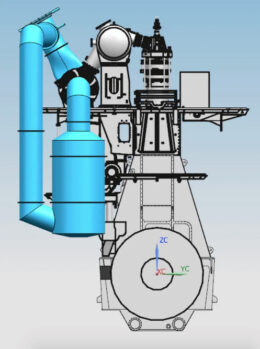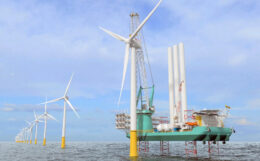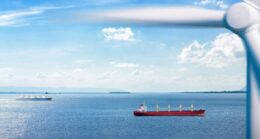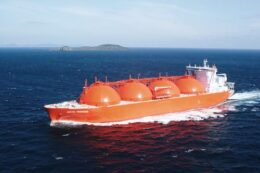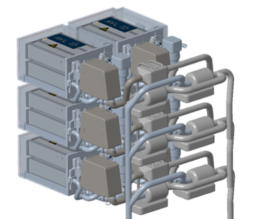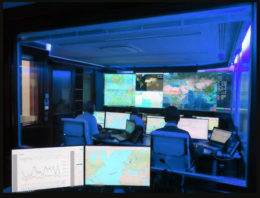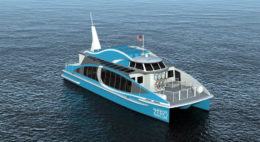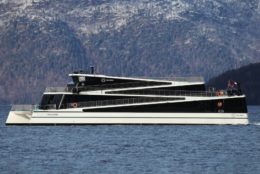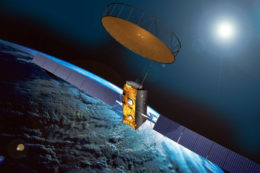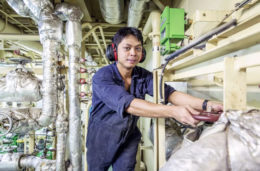Reducing Methane Slip without compromising on Engine Performance
Swiss engine technology company WinGD is helping shipping companies to optimize engine combustion and reduce methane slip with a new intelligent dual fuel engine technology. Intelligent Control by Exhaust Recycling (iCER) is a new technology that has been brought to the market by engine specialists WinGD. The technology, which is integrated into the company’s new X-DF 2.0 engine design, recirculates…
